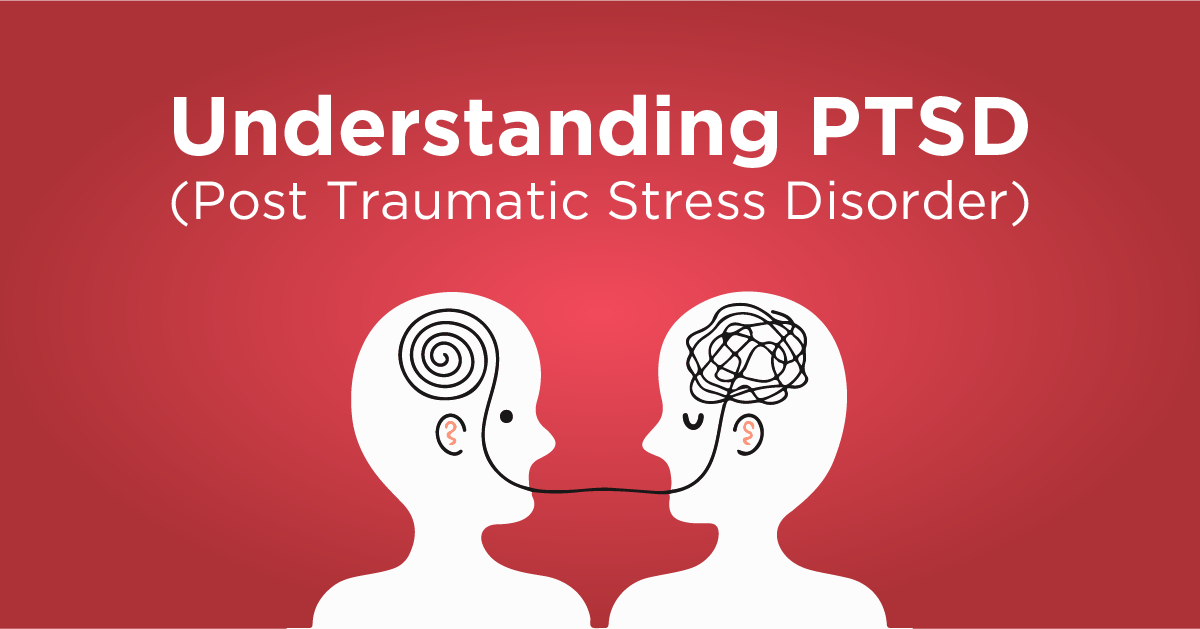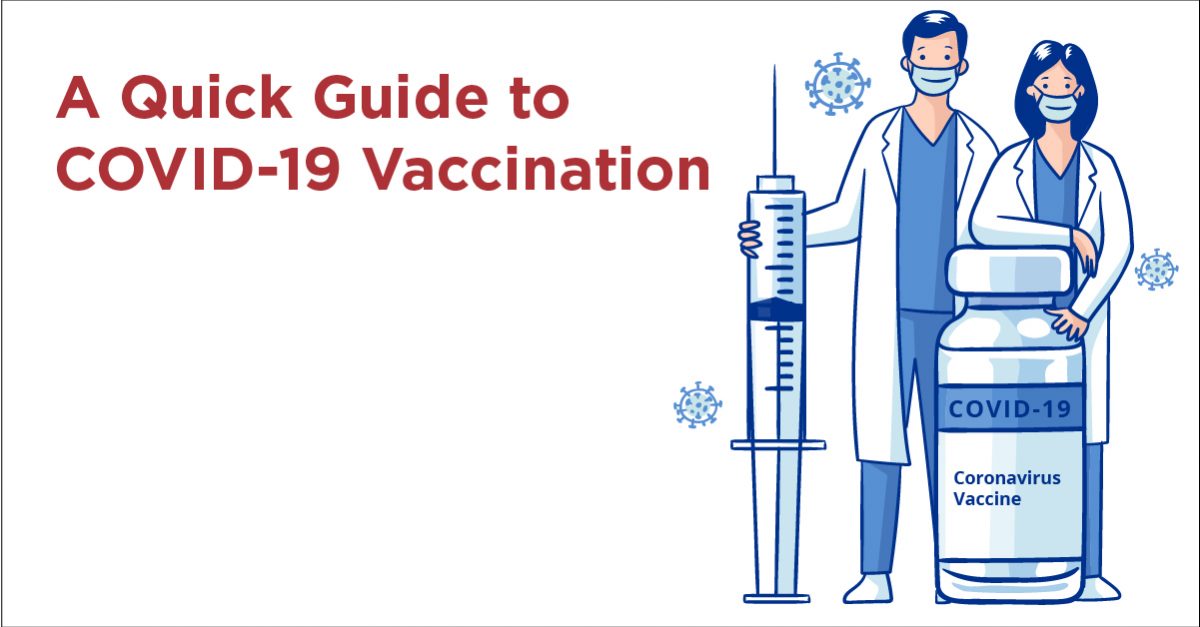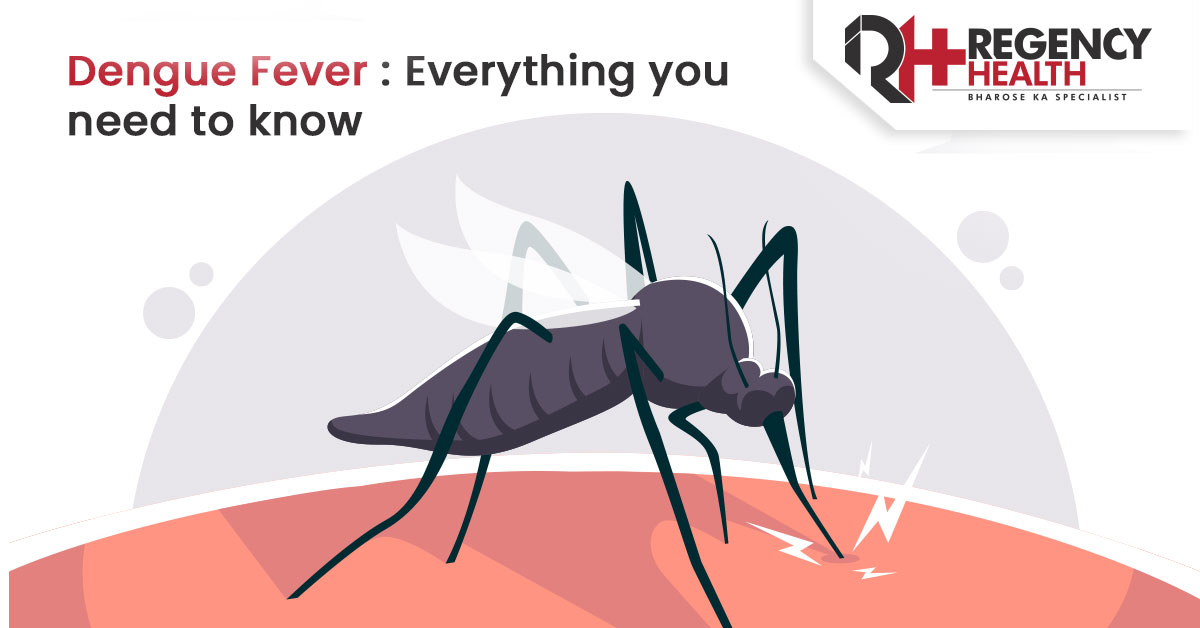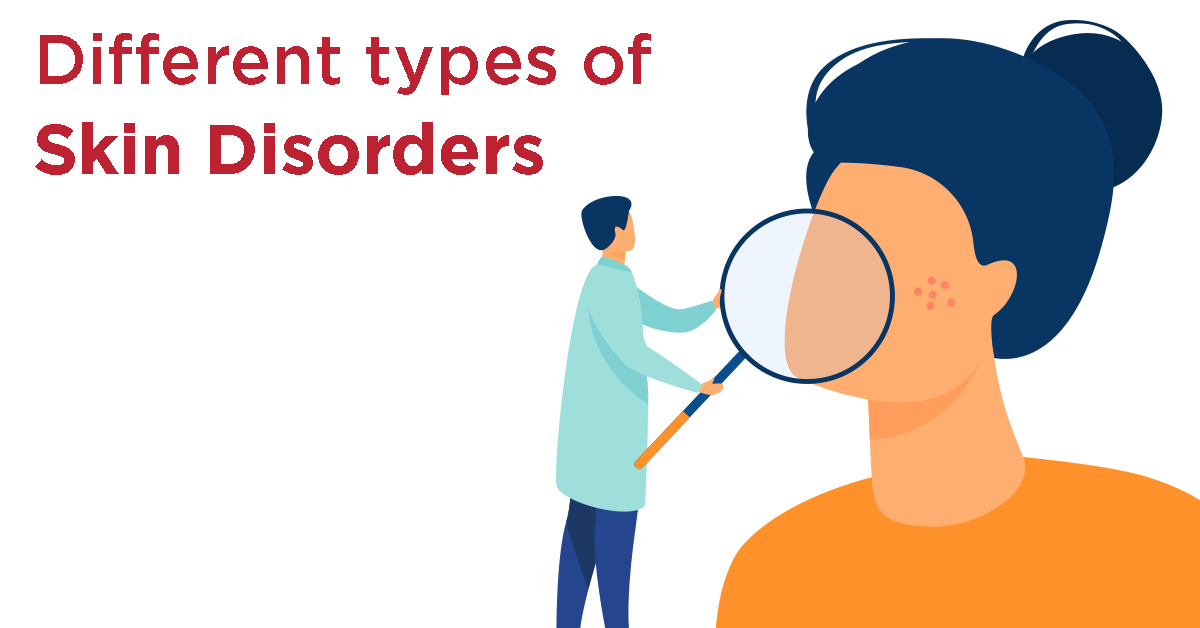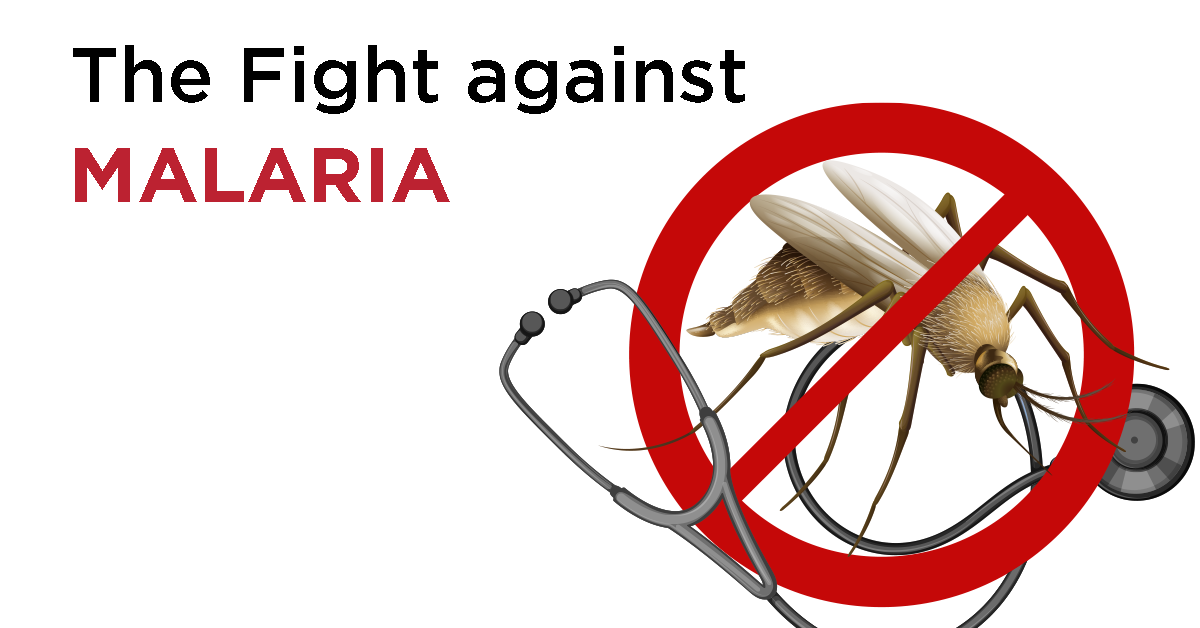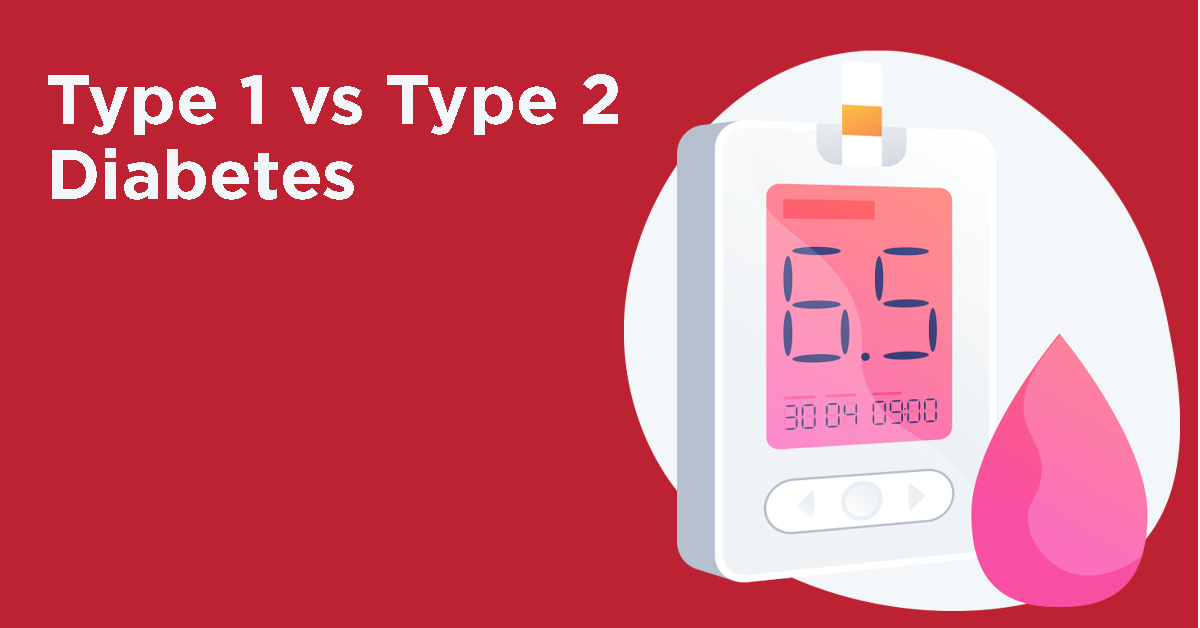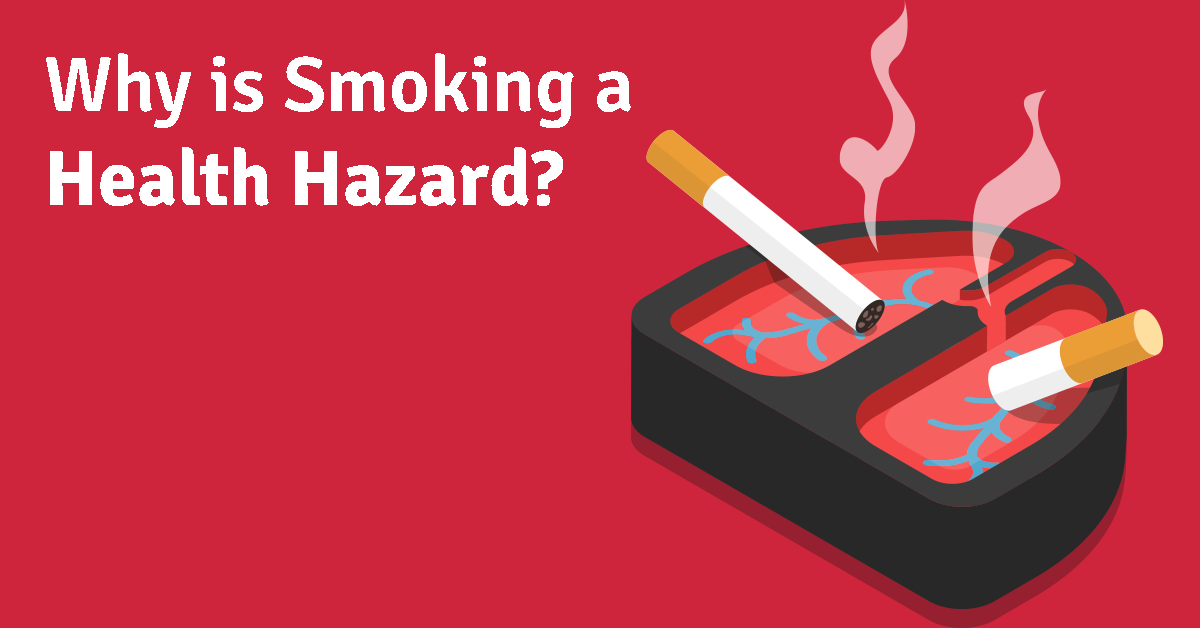Post-traumatic stress disorder (PTSD) is a mental health problem a person may develop after experiencing traumatic events. PTSD was first diagnosed in war veterans and was often called a shell shock. While some people have heard about this disorder, there are lots of misconceptions about PTSD. For example, people may wrongly assume it means the person is 'dwelling' on past events. They might even suggest that the person suffering should 'get over it' or 'move on.
Blogs
Coronavirus has been here long enough that we now have a substantial amount of information about it. However, a lot of misinformation too is propagated with the actual information which makes any person confused about what to do. Here are some common myths related to the virus which we are busting today
The start of 2021 gave us finally a fighting chance against the most deadly virus that has plagued us in modern times. With over a year of everything in the world coming to a stall, COVID-19 vaccination is now offering a way to transition out of this phase of the pandemic.
The Covid-19 pandemic has brought the world to its knees and the medical fraternity has been in a race to find treatment options to save millions affected by this deadly virus. One such potential treatment option is plasma therapy which can help to build immunity against the virus. Let's learn more about it here.
Dengue fever is caused by the dengue virus. The virus is spread by the Aedes mosquito, which also transmits Zika and Chikungunya viruses. Dengue fever has been discovered as a major source of sickness in mosquito-infested locations around the world. Dengue virus is divided into four varieties, each of which can infect you four times over your lifetime.
As the largest organ in the body, the skin is a common source of problems. Throughout your life, one or more skin disorders are likely to affect you. This can be acne as a teenager or sun damage as you grow older. Let’s find out about different types of skin disorders and how they impact you
Malaria has been and still is the cause of much human morbidity and mortality. Although malaria has been eradicated in most temperate zones, it continues to be endemic throughout much of the tropics and subtropics. Malaria is caused by parasites from the genus Plasmodium, which are spread to people through the bite of infected mosquitoes of the Anopheles species.
Diabetes is a global issue, affecting hundreds of millions of people worldwide. Many people describe diabetes as being a pandemic. It is a chronic disease that is associated with uncharacteristically high levels of glucose in the blood. The absence or inadequate production of insulin (produced by the pancreas) that lowers blood sugar level causes diabetes. Diabetes may also be caused by the body’s incapability to utilize the produced insulin.
Metabolism is often blamed as an excuse for not losing weight. While this is partially true, it is not always the case. The body’s metabolism depends on numerous factors. In layman’s terms, metabolism is a chemical process responsible for sustaining our cell’s normal functions and organs in the body. It is also responsible for converting food into energy to carry out various body processes.
The majority of people smoke all around the world. This causes harm to them and also their loved ones. The smoke, which is exhaled, causes health problems to others around them. In children, the smoke from passive smoking can cause acute respiratory infections, middle ear disease, severe asthma, and slow lung growth.

 Call-an-Ambulance
Call-an-Ambulance
